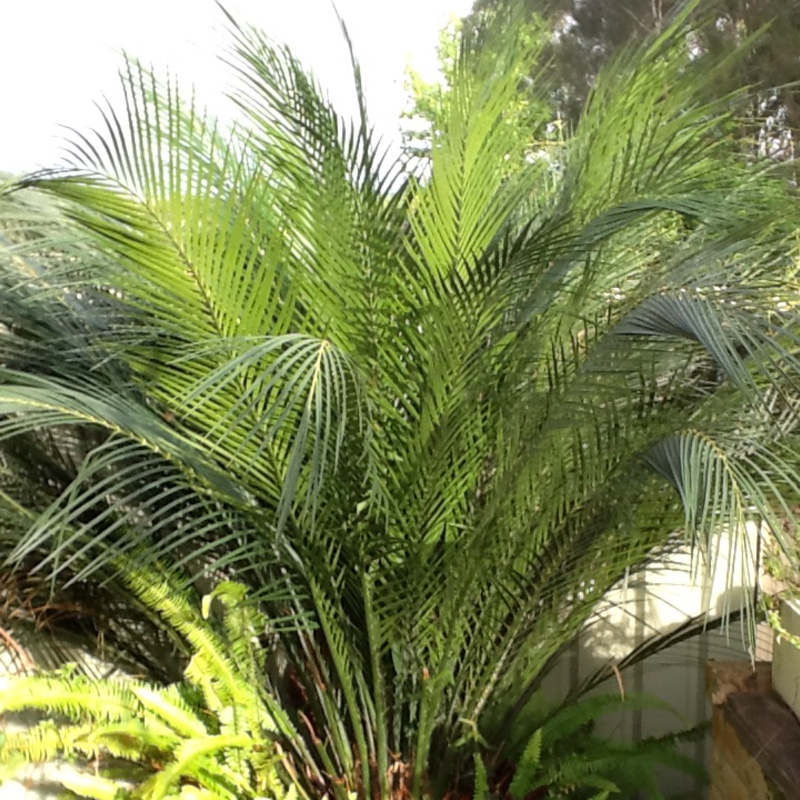
Macrozamia Communis
Australian Cycad
Cycad, common name 'Sago Palm', is one of the most primitive living plants and is a popular ornamental. It forms a trunk, topped with feathery leaves. Often called "living fossils", Cycads have changed very little in the last 200 million years. Many are grown as indoor plants, but benefit from spending time outdoors in warmer, frost-free months. Macrozamia Communis has a large subterranean trunk from which sprout a fountain of glossy, arching leaves. Looks wonderful in a conservatory, but can also be grown outdoors in areas with a mild Winter, with good protection against frost
Contributed by @sue1953
-
Full sun to partial shade
-
Occasional watering
-
Frost Hardy: 23F (-5°C)
-
Moist and free draining
Common name
Australian Cycad
Latin name
Macrozamia Communis
type
Fern
family
Zamiaceae
ph
5.0 - 7.5 Acid - Neutral
Plant & bloom calendar
-
Best time to plant
full grown dimensions
 1.50 M
2.50 M
1.50 M
2.50 M
Macrozamia Communis
Cycad, common name 'Sago Palm', is one of the most primitive living plants and is a popular ornamental. It forms a trunk, topped with feathery leaves. Often called "living fossils", Cycads have changed very little in the last 200 million years. Many are grown as indoor plants, but benefit from spending time outdoors in warmer, frost-free months. Macrozamia Communis has a large subterranean trunk from which sprout a fountain of glossy, arching leaves. Looks wonderful in a conservatory, but can also be grown outdoors in areas with a mild Winter, with good protection against frost
Planting
From Early Spring TO Early Spring
Cycads will grow in most types of soil, as long as t is free-draining. For growing in containers, any general purpose mixed with John Innes No. 3 and some slow-release fertiliser would be ideal. In mild regions it is possible to grow some cycads outdoors. Temperatures below -5C will damage the leaves, so wrap the plant well, or bring it indoors if that is a risk.
Propagating
From Late Spring TO Early Autumn
Cycads produce off-sets that can be cut from the parent plant, using a sterile knife.Cut where it meets the parent plant, and use a fungicide powder on the parent plant where the cut was made. Soak the "pup" for 30 minutes in a fungicide, then in a rooting stimulant for a similar length of time. then plant in clean pumice or scoria. It can take 6-10 months for the new plant to become established











